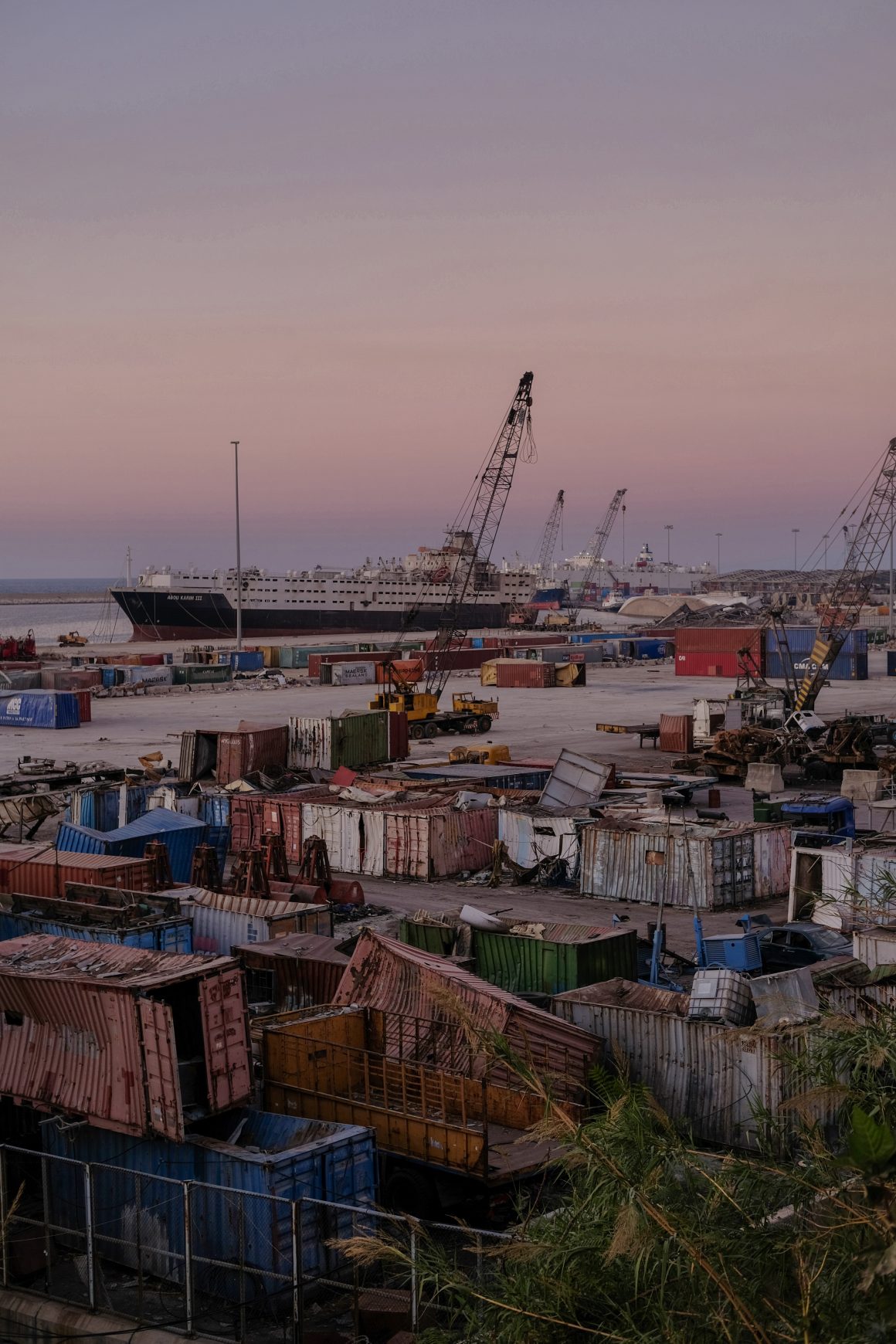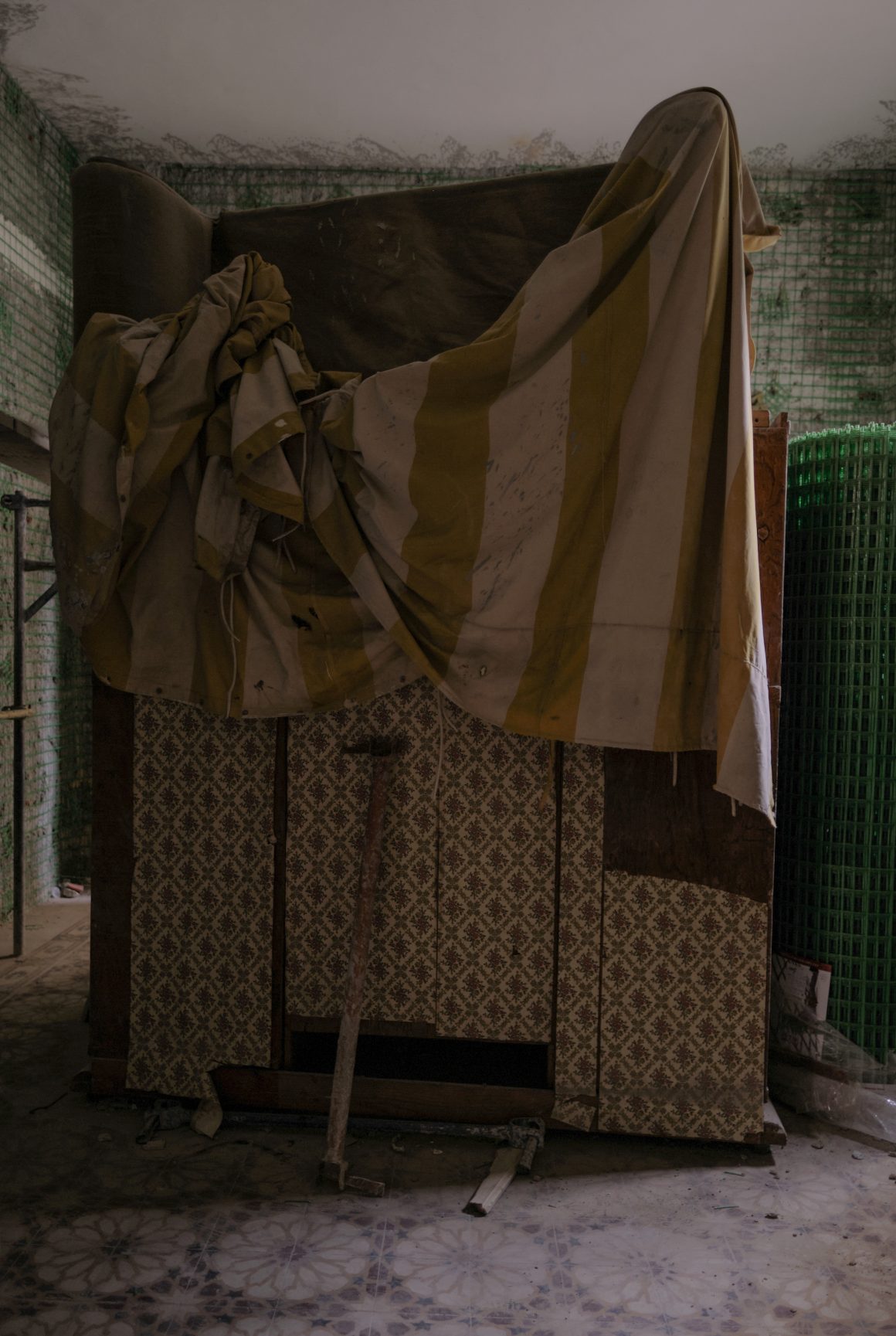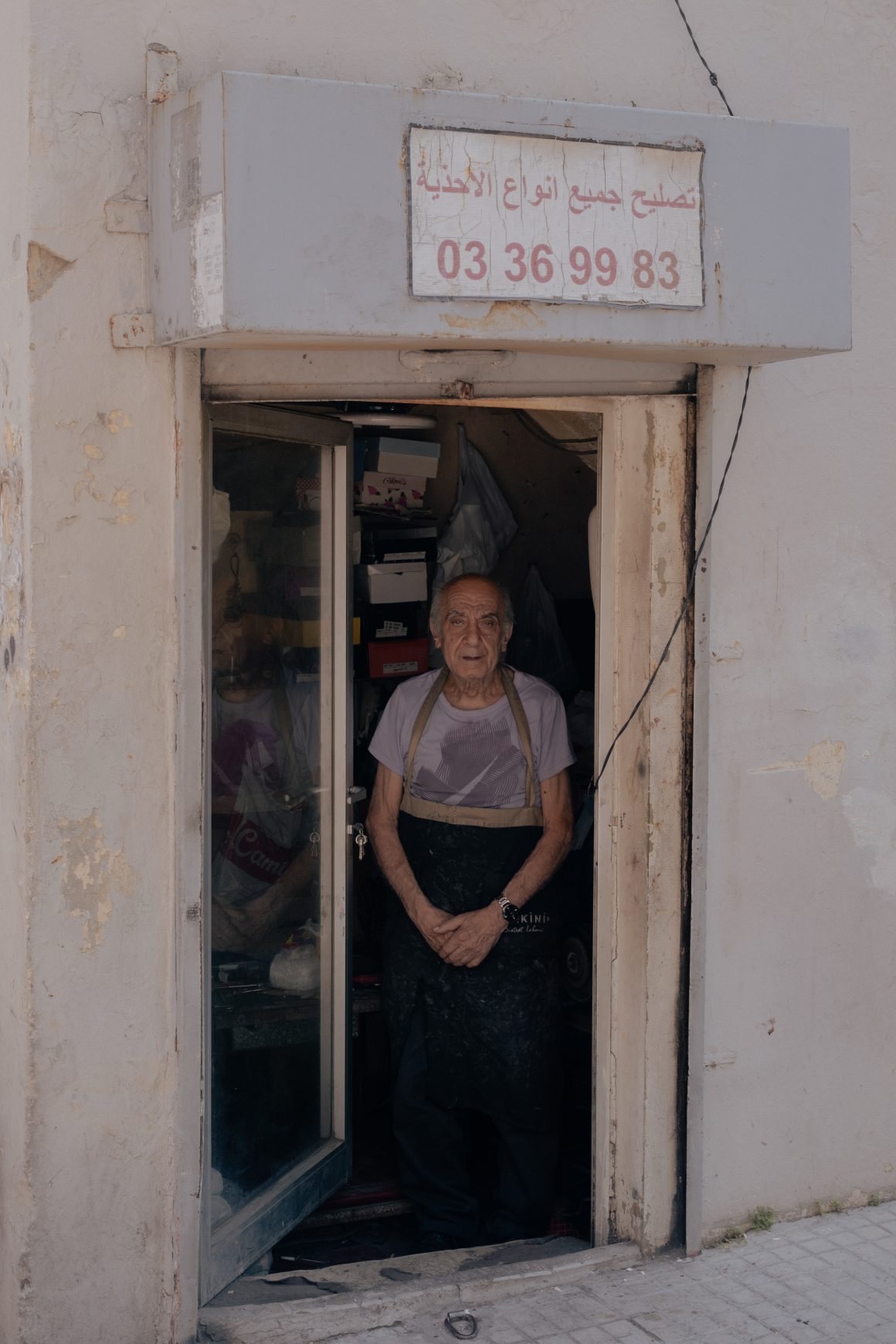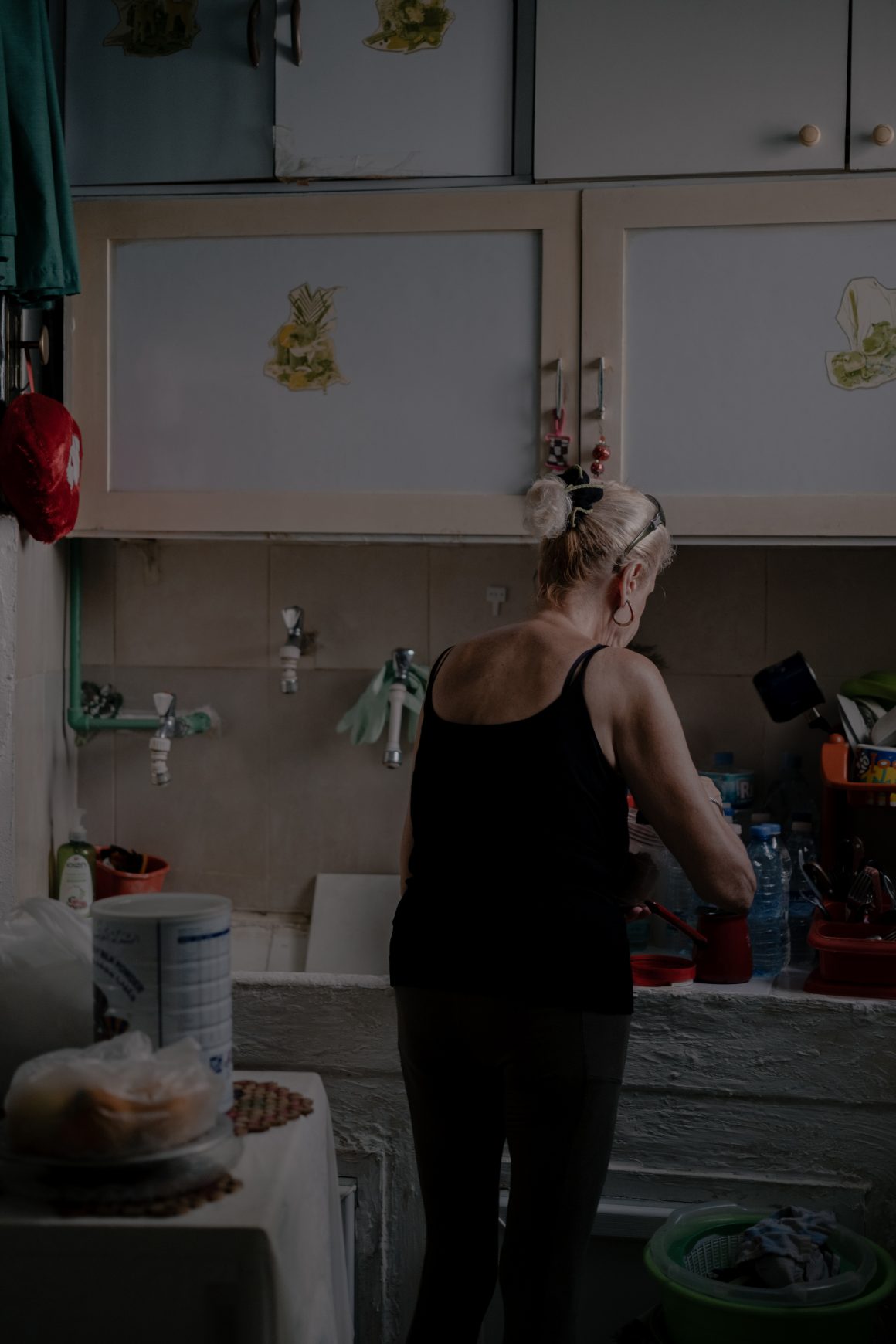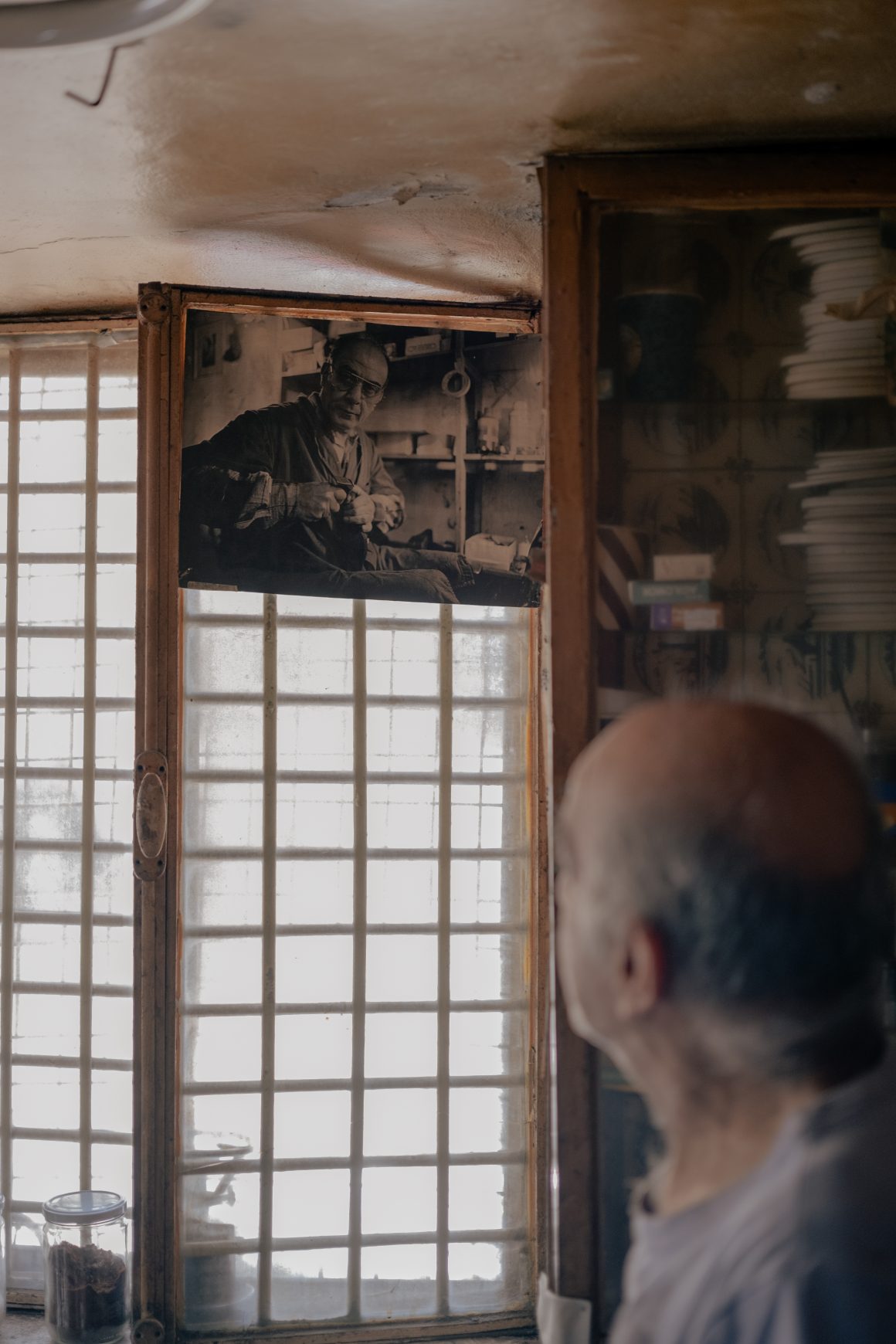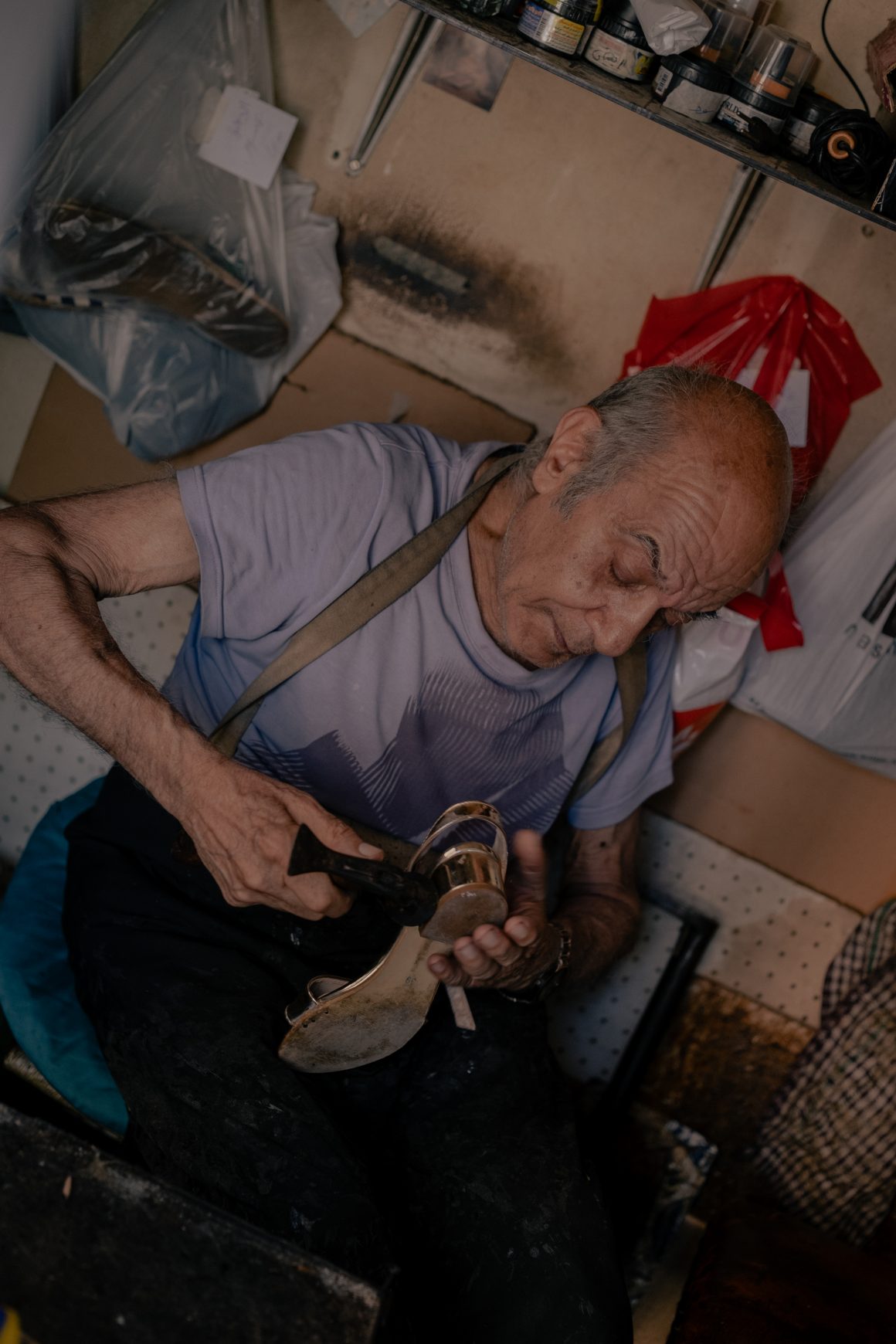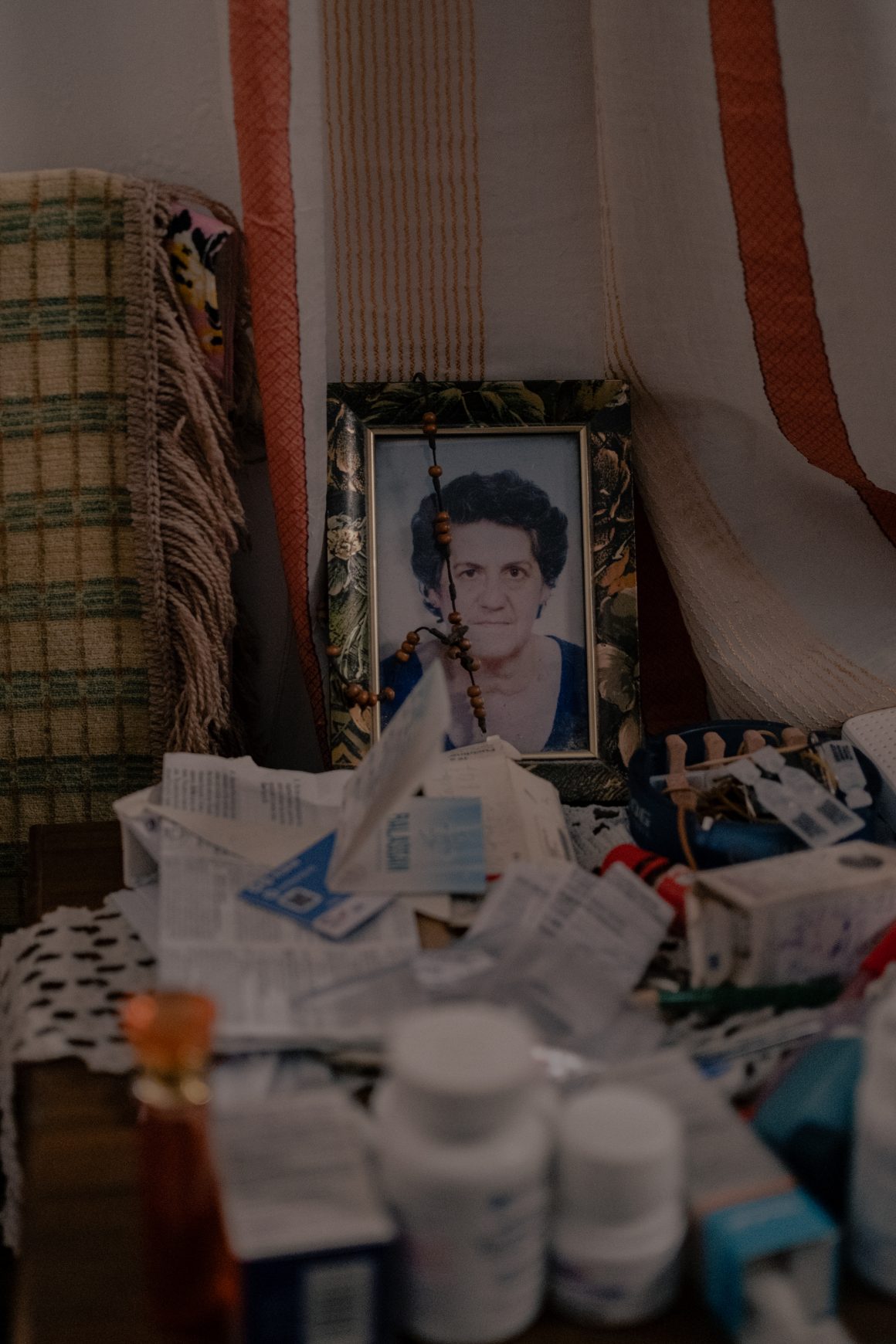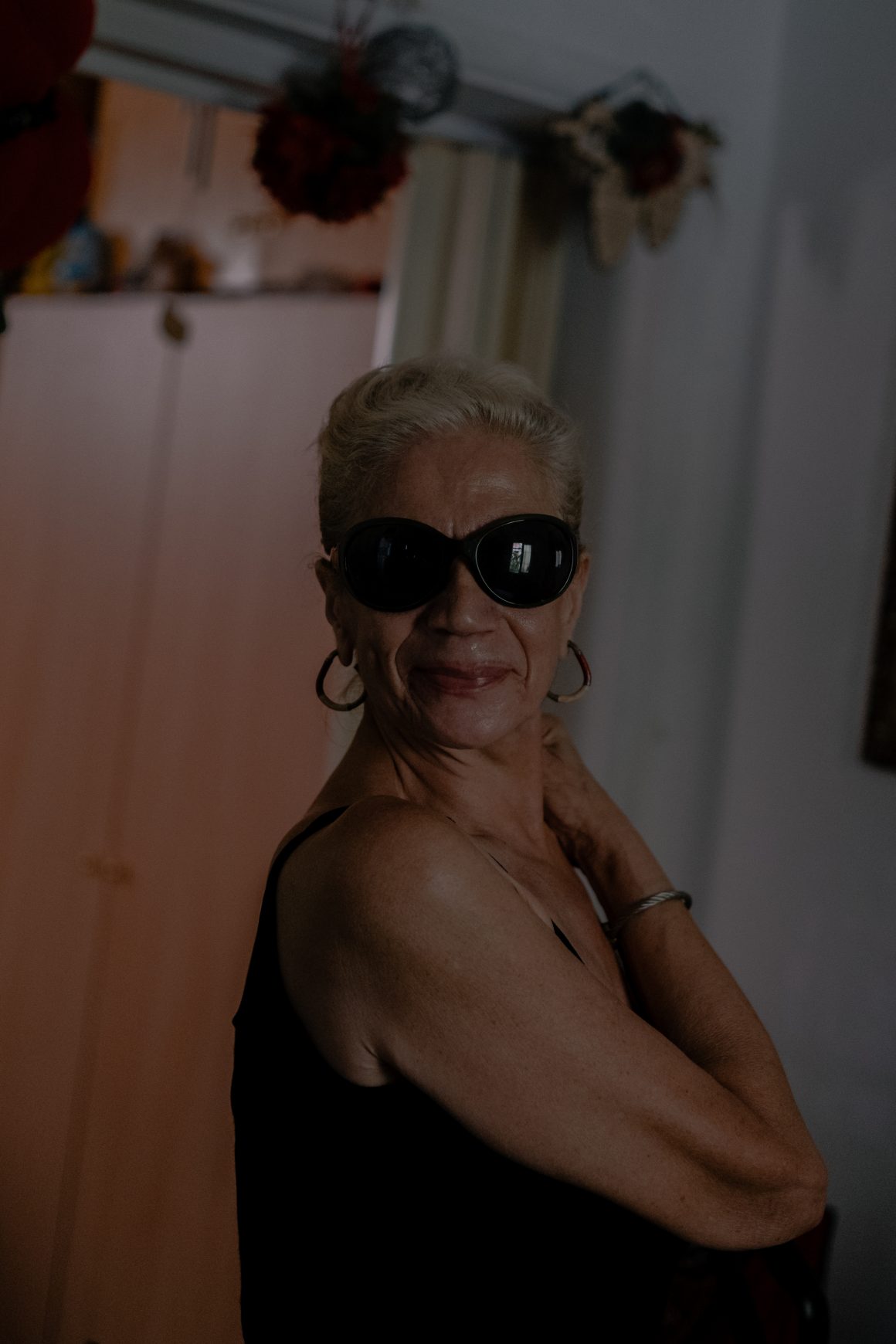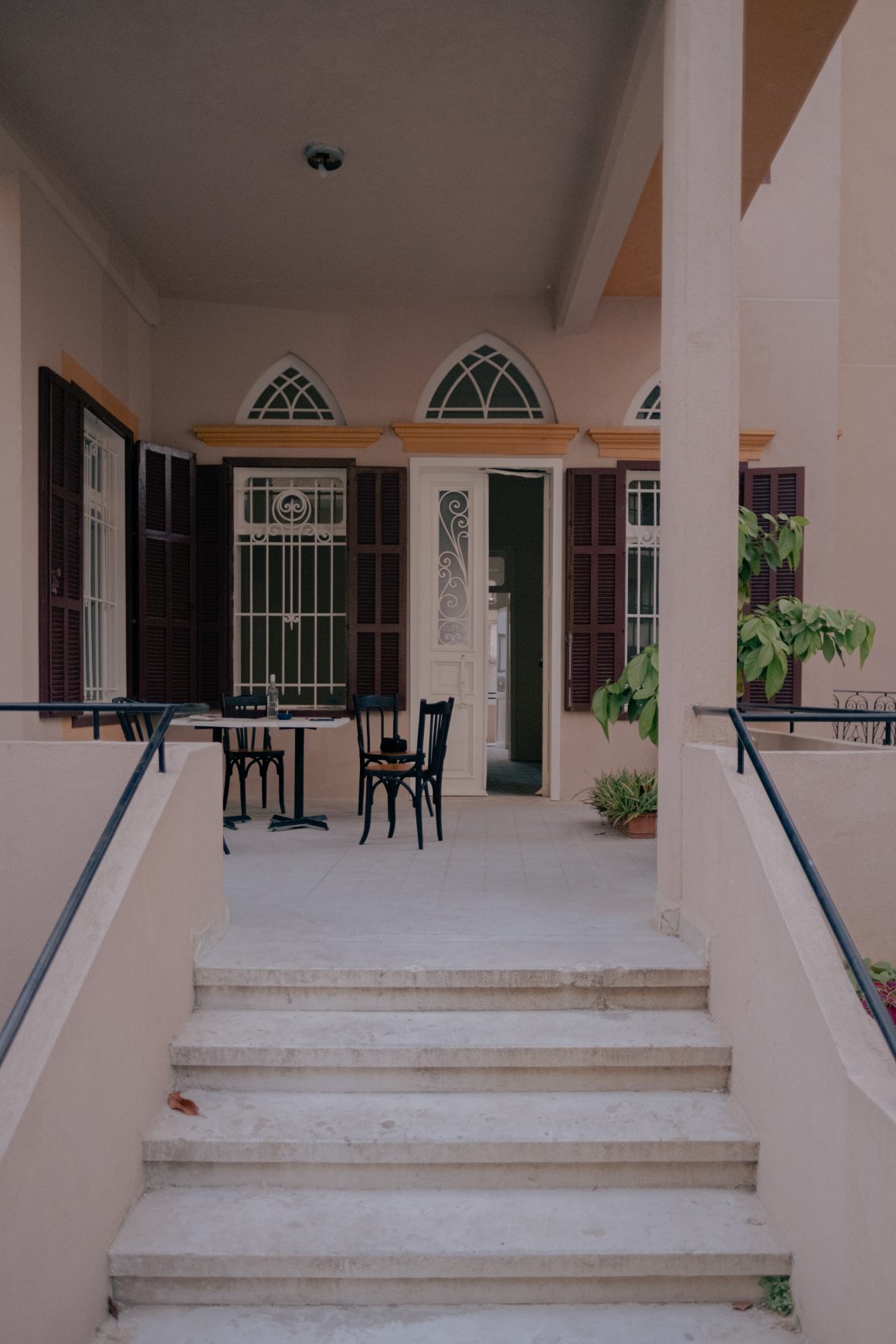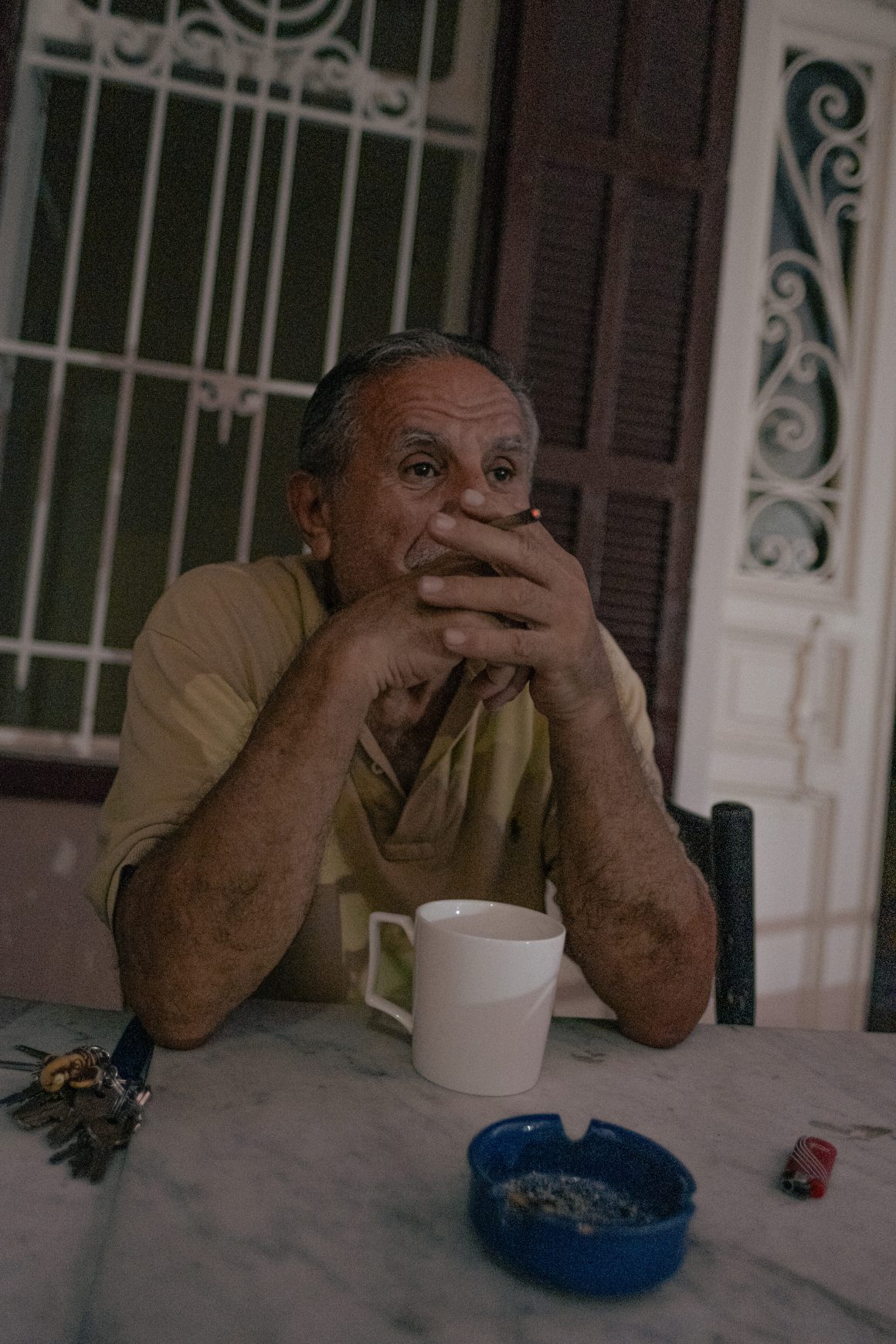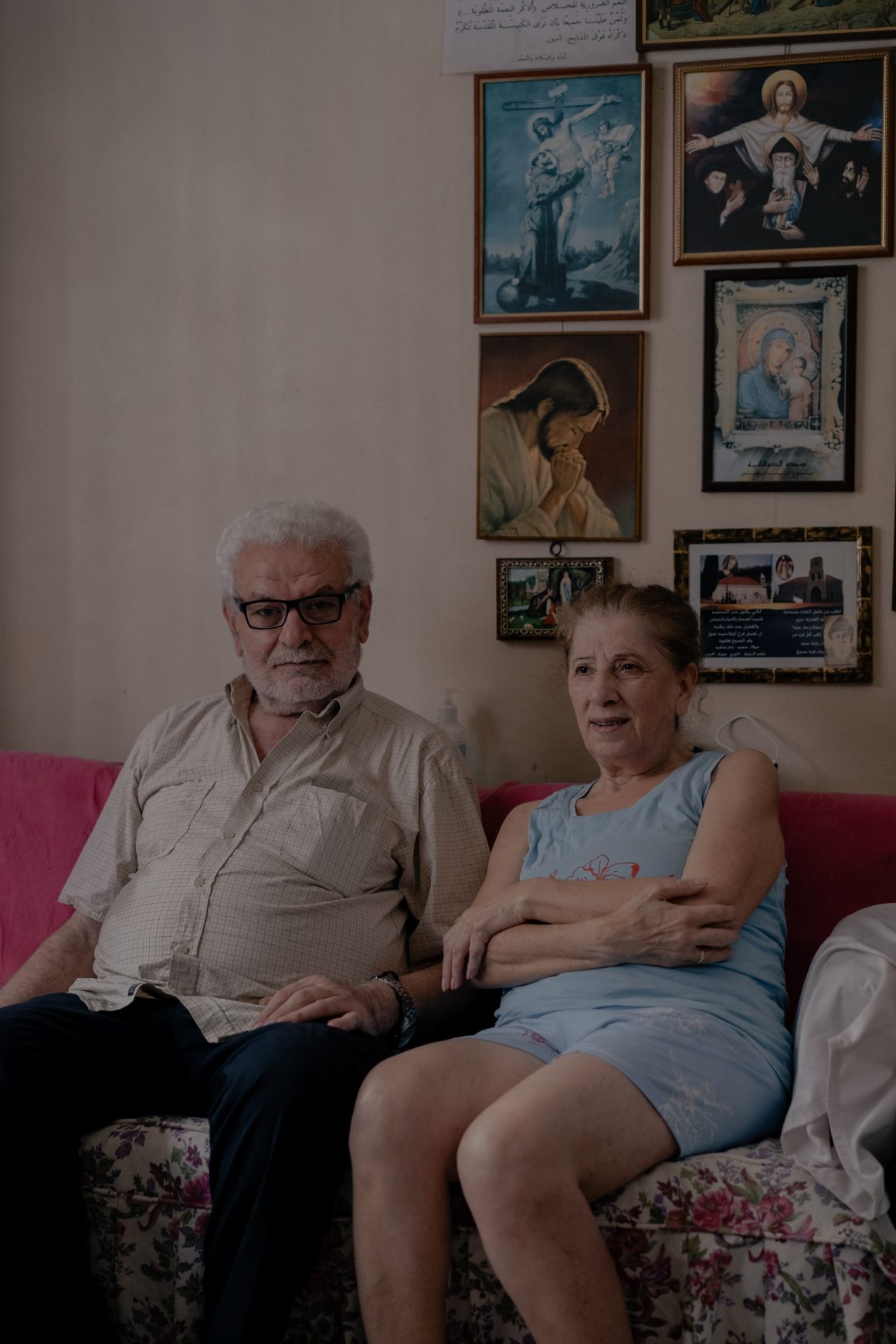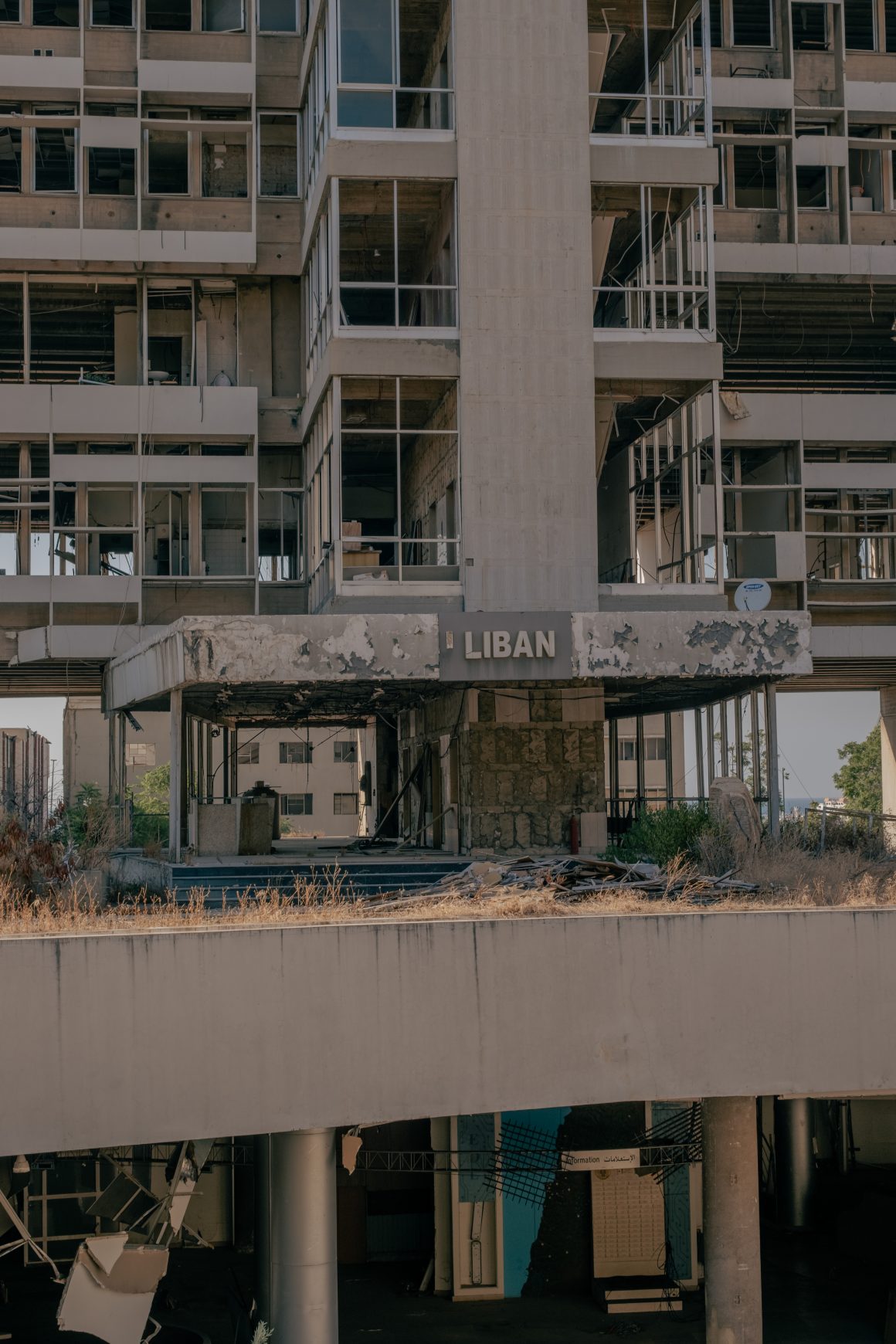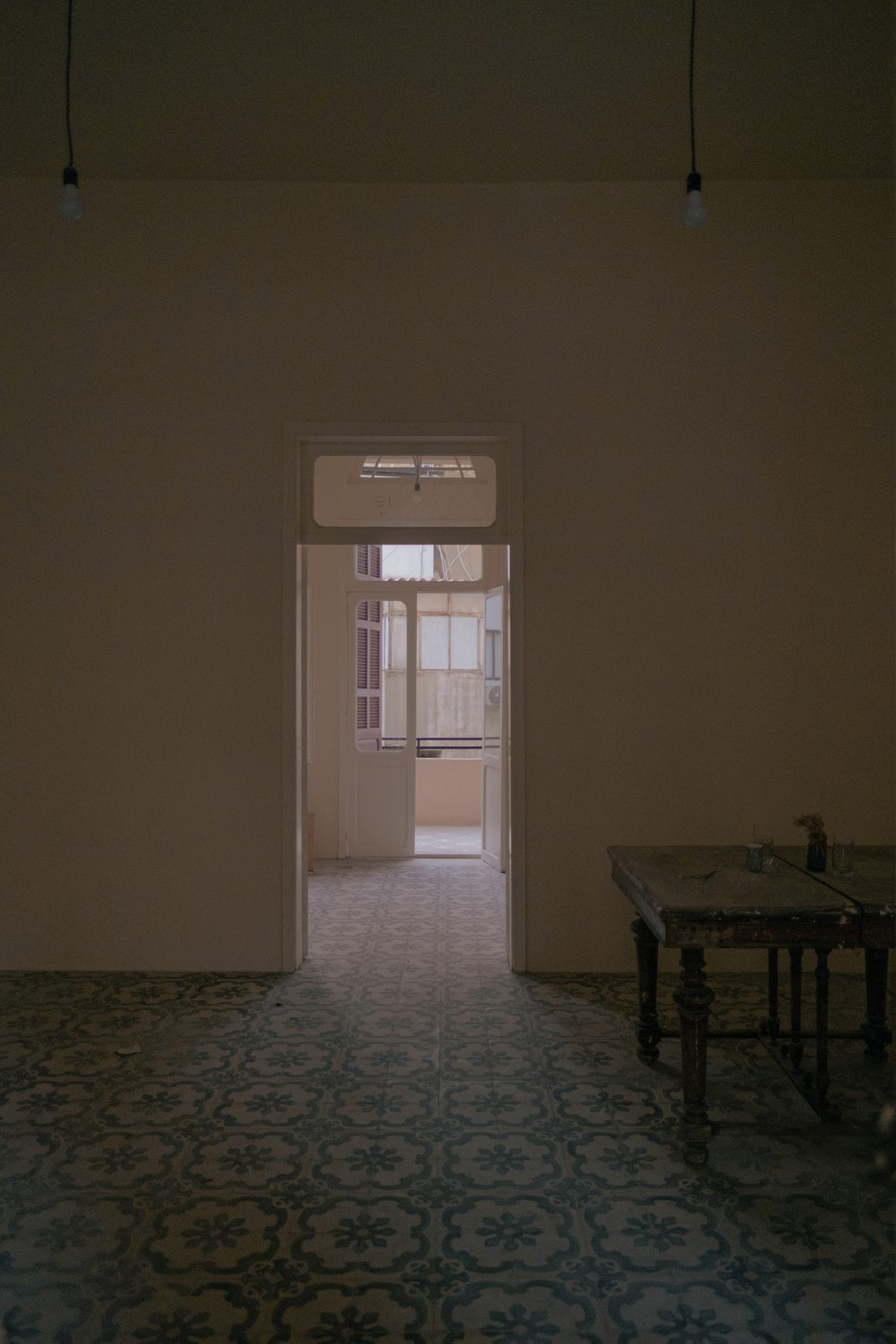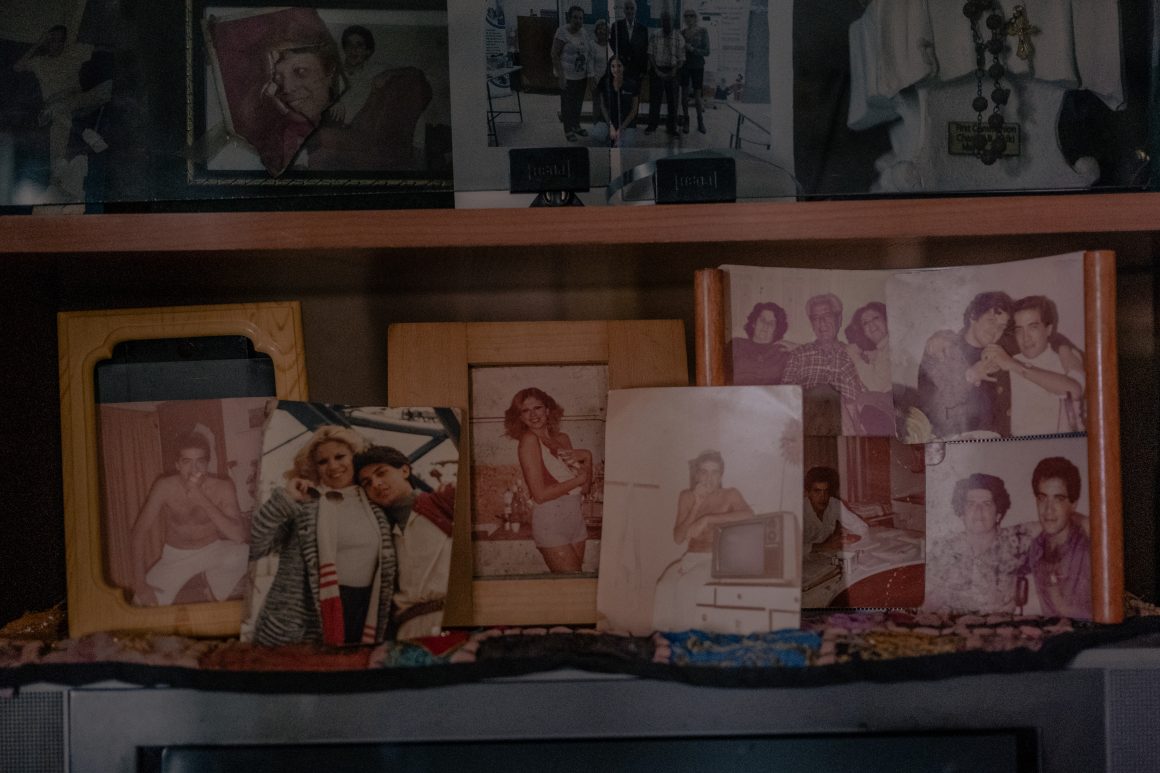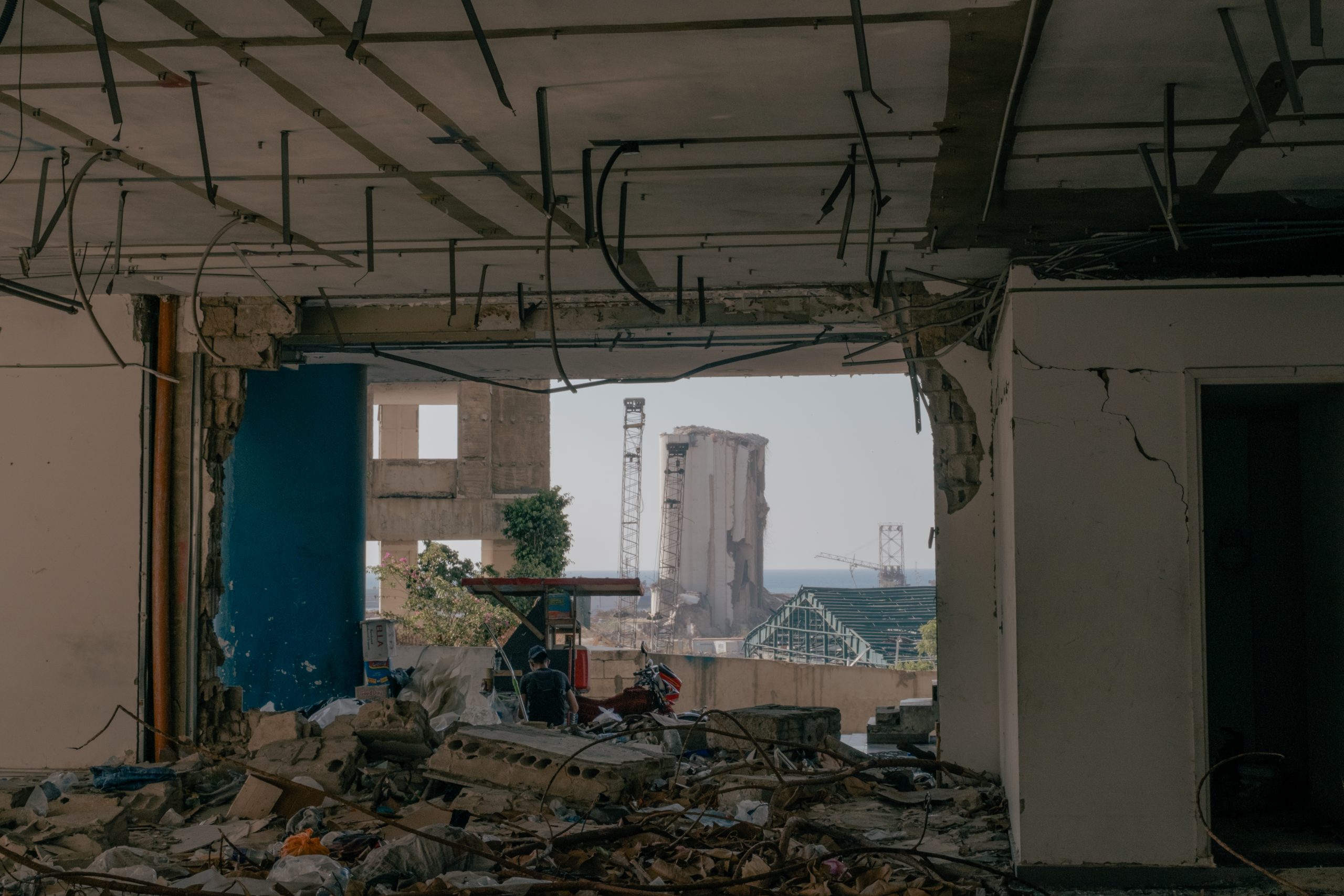
The inhabitants of Beirut plunged into poverty and darkness
August 4, 2020, 6:07 p.m.: a stock of ammonium nitrate stored illegally and without safety precautions in the port of Beirut caused an explosion that devastated half the Lebanese capital and traumatized its population.
The accident, which killed some 235 people and injured 6,500, occurred less than a year after the start of the worst economic crisis in the history of the country, which had suffered 15 years of civil war between 1975 and 1990.
Four years later, no investigation has been able to identify the culprits behind this deadly event. The social and economic situation has only deteriorated, with no viable solution offered to citizens since the freezing of their savings in October 2019.
Everyday life is now a matter of muddling through, as yesterday’s precariousness has fallen into misery and poverty has taken hold of the middle classes.
Following the explosion, 70-year-old François Chahwan‘s traditional home in the heart of the Geitawi district was condemned; the foundations had been severely damaged.
Although a property developer had made him a tempting offer in the wake of the disaster, several international NGOs joined forces to renovate the family home and save the retirement project of a lifetime.
The work, which lasted two years, was never completed, however. As for François Chahwan, he can’t afford to continue, not least because no his pension, like his wife’s, is being held up in his bank. For nearly five years now, he has been receiving it in dribs and drabs, at a rate below that which has been unofficially imposed on the market for several months. “My wife’s pension was worth a total of $40,000, now it’s only worth $4,000 and we can’t even touch it.” While the main house is habitable, all the adjacent apartments, because of the construction site left in the middle of the road, are unusable.
